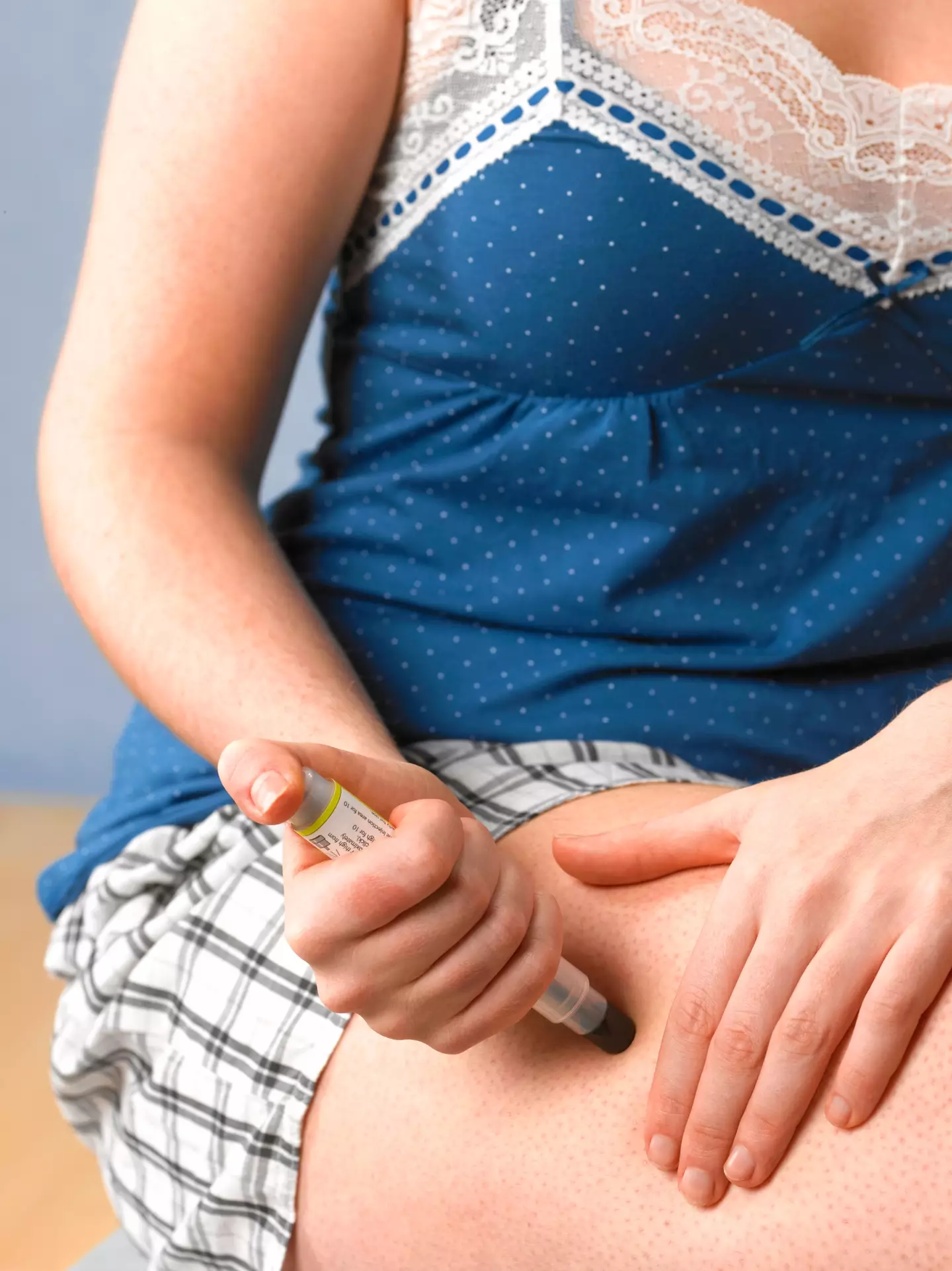
Food allergies pose a major risk to many people’s health, and they’re on the rise. It’s estimated that the number of people in the UK with a food allergy doubled between 2008 and 2018, with 4% of preschool children already having a ‘probable’ one.
A lot of research is being conducted to understand why the allergy rate is increasing across the population, along with ways in which it can be dealt with. The good news is that breakthroughs are being made.

Such steps forward will be a big relief to anyone who suffers from a food allergy. They’re felt most acutely, however, by children, whose own sense of understanding their allergies and triggers can be more limited. They are also more likely to encounter social issues off the back of their allergies, and it can lead to a sense of alienation at home too.
Advert
The latest is from the John Hopkins University (JHU) OUtMATCH study, which included a clinical trial covering 10 locations in the US that has led to the FDA approving only its second food allergy treatment.
In a press release on the study, JHU referenced a boy called Joseph who suffers from multiple food allergies. As an Egyptian-American, his family gatherings often involve allergen-adjacent foods like falafel and baba ghanoush, but he can’t participate. Instead, Joseph eats food his parents have prepared for him specially, and he must be extremely vigilant to any foods that haven’t been vetted by his caregivers.
Rather than enjoying the sense of community that food can impart, kids like Joseph can feel isolated by their allergies.
In the US, six million children have a diagnosed food allergy, so Joseph is very much not alone. For those with severe allergies, little can be done but to be extremely careful of accidentally consuming an allergen whilst carrying an Epi-Pen or similar to buy valuable time in case of an anaphylactic reaction.
"If you ask parents, 20% of parents say they think that their child is at a moderate or severe risk of having a fatal anaphylactic event," said Kid Mudd, nurse manager of the food allergy research programme at the Johns Hopkins Children's Center, in the press release. "Yet they still have to send their kids off to school every day."
The OUtMATCH study, launched in 2019 as part of a multistate research alliance, has found that a drug called omalizumab, marketed under the Xolair brand, can significantly reduce allergy symptom severity in people who take it regularly. It also significantly cuts the chance of allergy sufferers from entering anaphylactic shock after accidental allergen ingestion.

It was originally approved as an asthma medication in 2003, by the FDA approved it for use in the treatment of food allergies by the FDA in February 2024.
"About 50,000 people have begun using this drug in just a little over a year," said Robert Wood, director of the Eudowood Division of Allergy, Immunology, and Rheumatology at Johns Hopkins Children's Center.
"That's one of the fastest uptakes of any drug ever. So it really speaks to the unmet need and how important this research is."
Topics: Health
